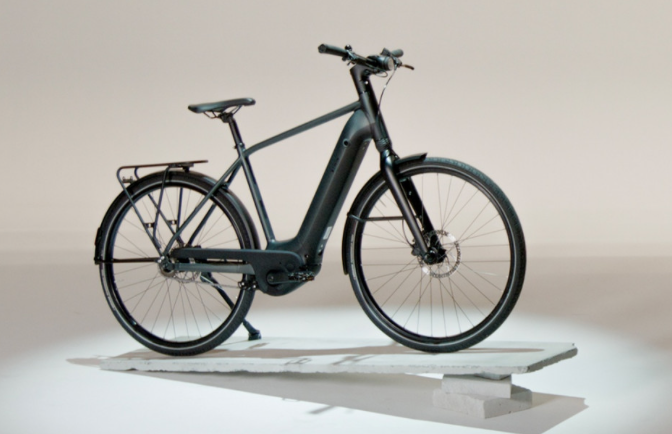
Retailer Decathlon offers ‘automatic’ e-bike with Belgian tech

Decathlon will e selling a fully automatic e-bike in September with technology developed in Wallonia /Decathlon
Sports retailer group Decathlon presented an e-bike with variable transmission on Thursday. The automatic shifting has been developed by E2


Comments
Ready to join the conversation?
You must be an active subscriber to leave a comment.
Subscribe Today